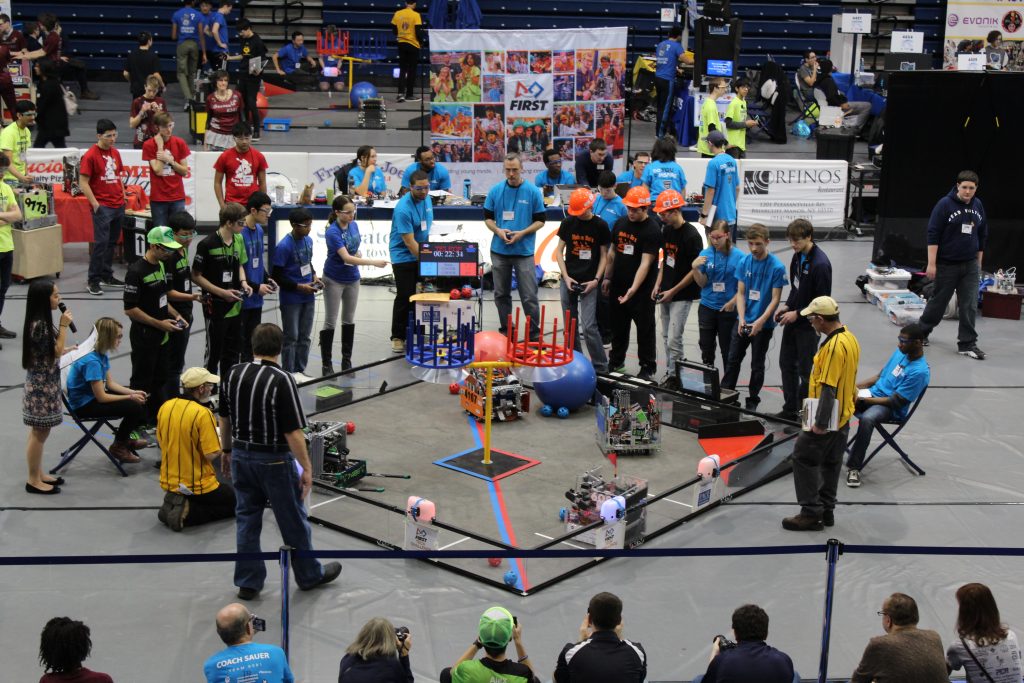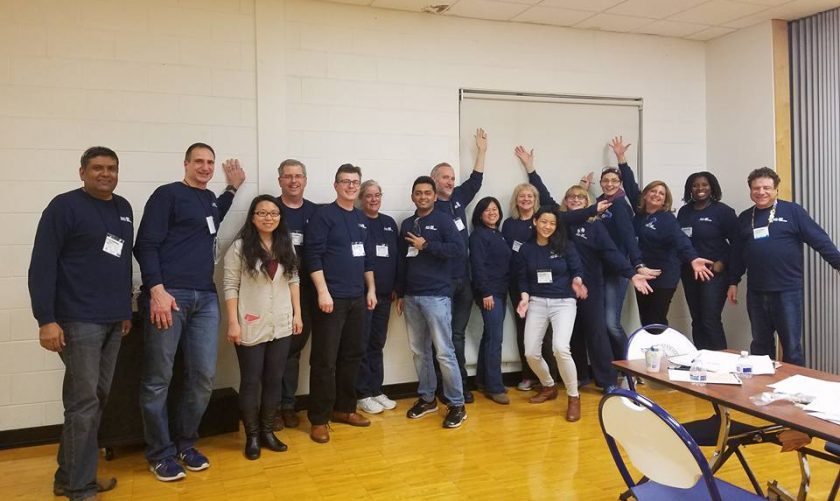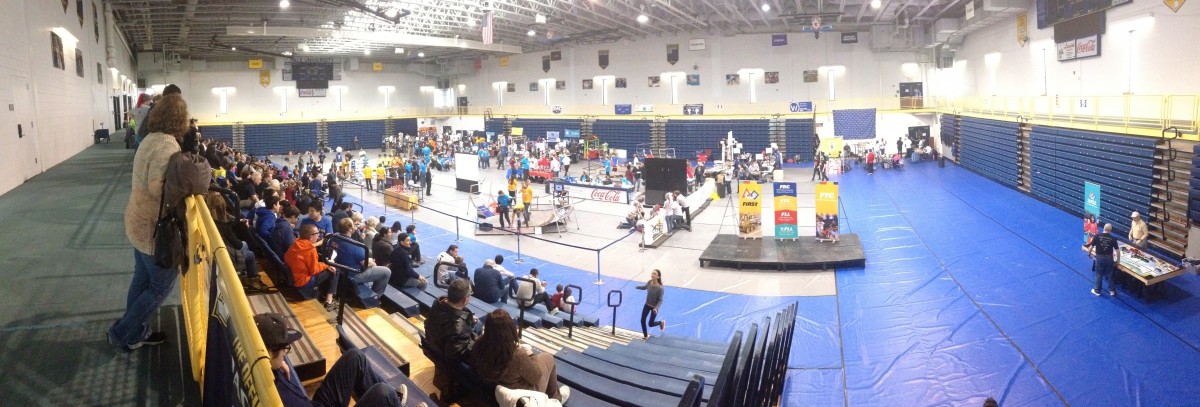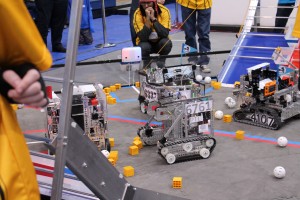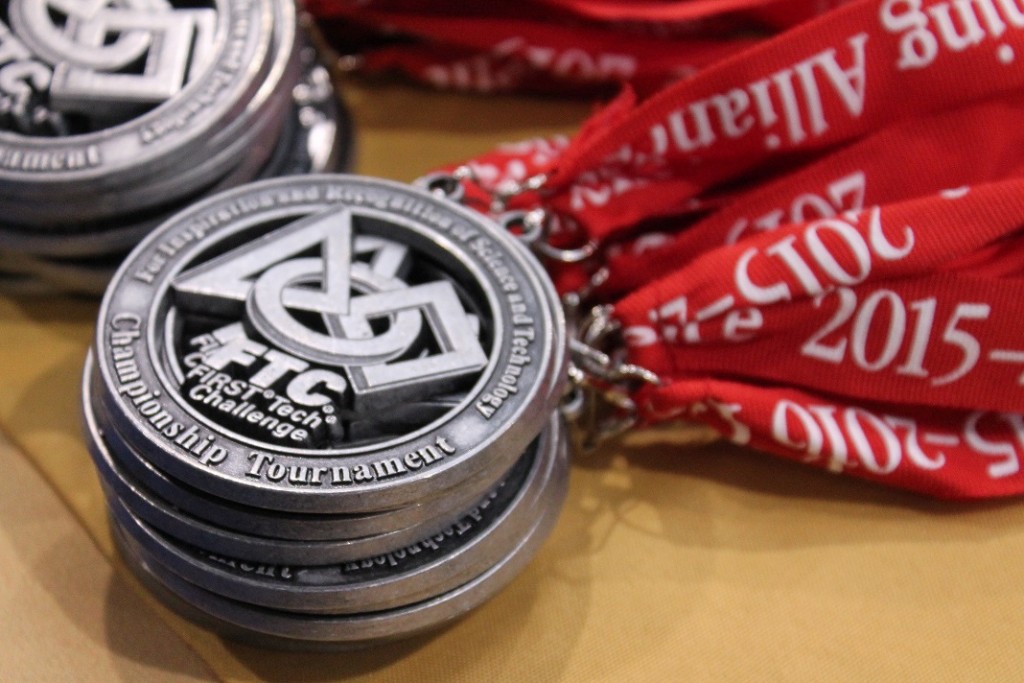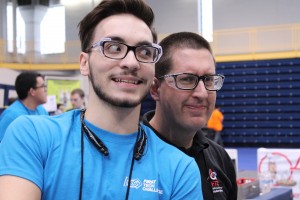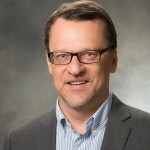The COVID-19 crisis has brought with it numerous challenges, but there have also been many moments in which the human drive to help others during times of hardship has blossomed.
One such instance was the work of Richard Kline, a professor of computer science at Pace University’s Seidenberg School of Computer Science and Information Systems. As a techie, Dr. Kline wanted to see whether he could contribute to the crisis response in any way. After reading an article about makers – people who design, prototype, and build objects, often in makerspaces – banding together to create much-needed personal protective equipment (PPE) for medical workers, Dr. Kline saw an opportunity to help.
“I contacted the volunteer group at NYCMakesPPE.com and got into their Discord chat group,” explained Dr. Kline. “I was asked right away to print a prototype for a new face shield frame design they are working on.”
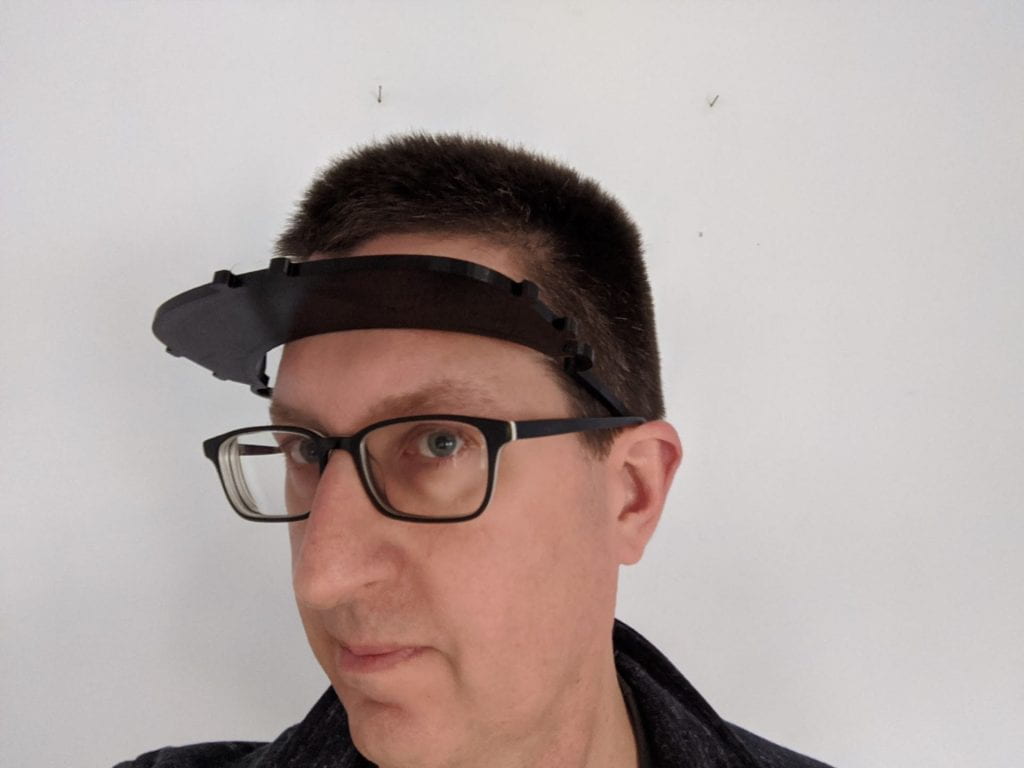
A small team of volunteers were already working to improve upon a public-domain face shield design from Swedish company 3DVerkstan to increase the amount of space in front of the wearer’s head and to allow the clear plastic shields to be attached more easily.
After sharing photos of the prototype and offering feedback, Dr. Kline continued to work with fellow volunteers.
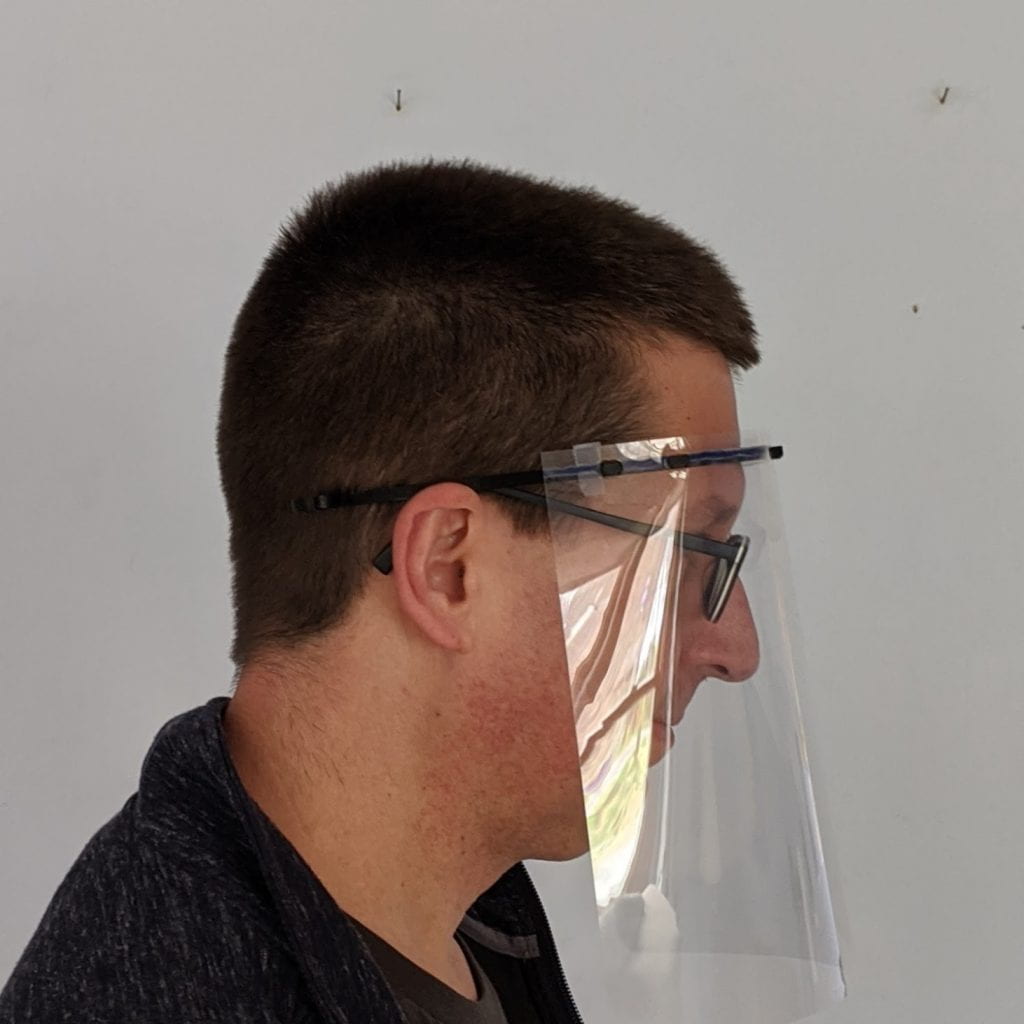
“Since that first print, I’ve helped with several further iterations among discussions with half a dozen other people, many with expertise in design and manufacturing. I’ve also printed 60 copies of their ‘production’ frame design to contribute to the group’s supply.”
With the 60 frames packed up, Dr. Kline mailed them to the NYCMakesPPE organizers. Once they arrive, other volunteers will attach clear plastic shields (which they are also making), sanitize them, and prepare them for distribution within NYC.
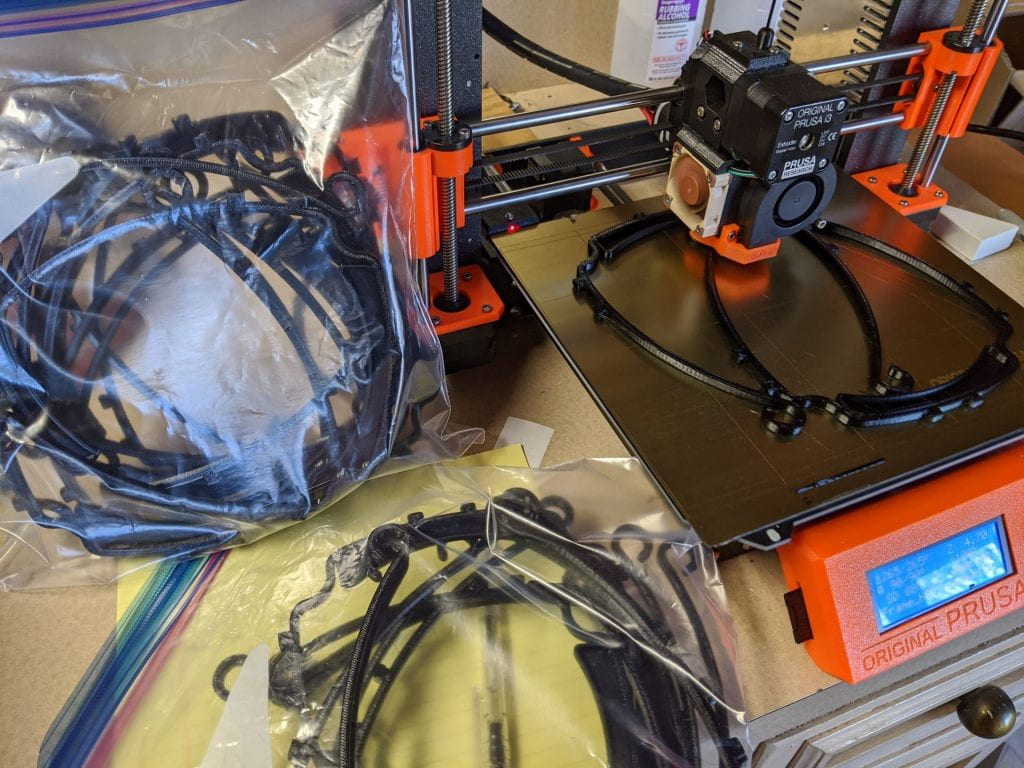
“It’s gratifying to have found something concrete I can do to help out in a small way during these troubling times,” said Dr. Kline.
We are filled with #SeidenbergPride at Dr. Kline’s contributions of much-needed equipment for New York medical workers. As Pace University has campuses in both New York City and Westchester, New York is our home – so we are always looking for an opportunity where the Pace and Seidenberg community can make an impact.


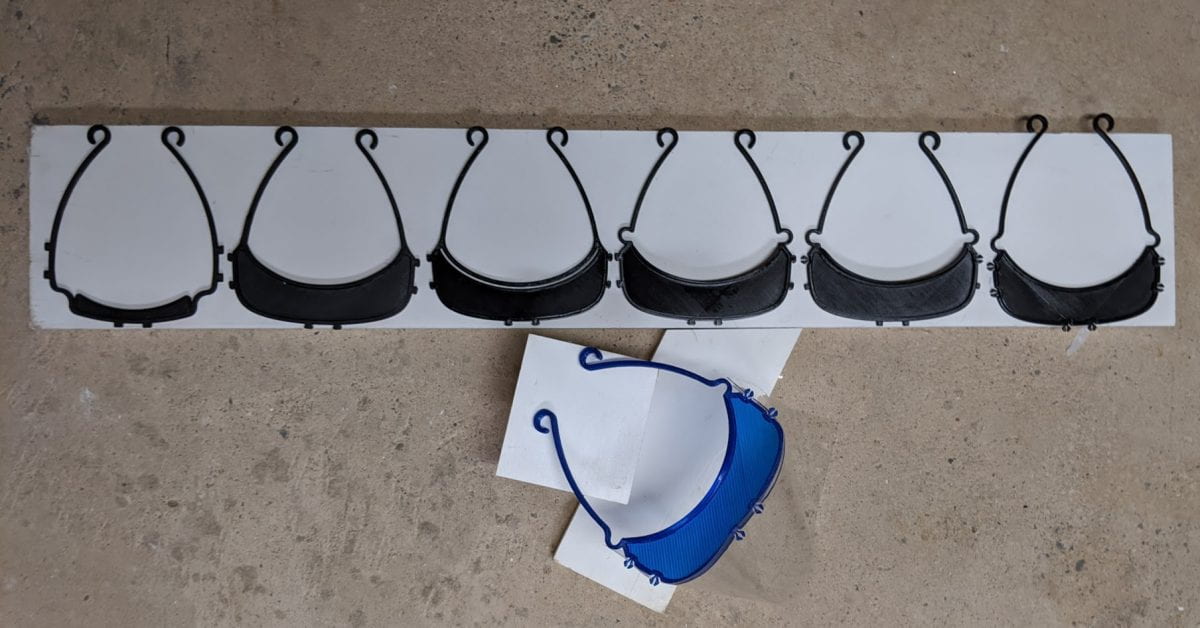
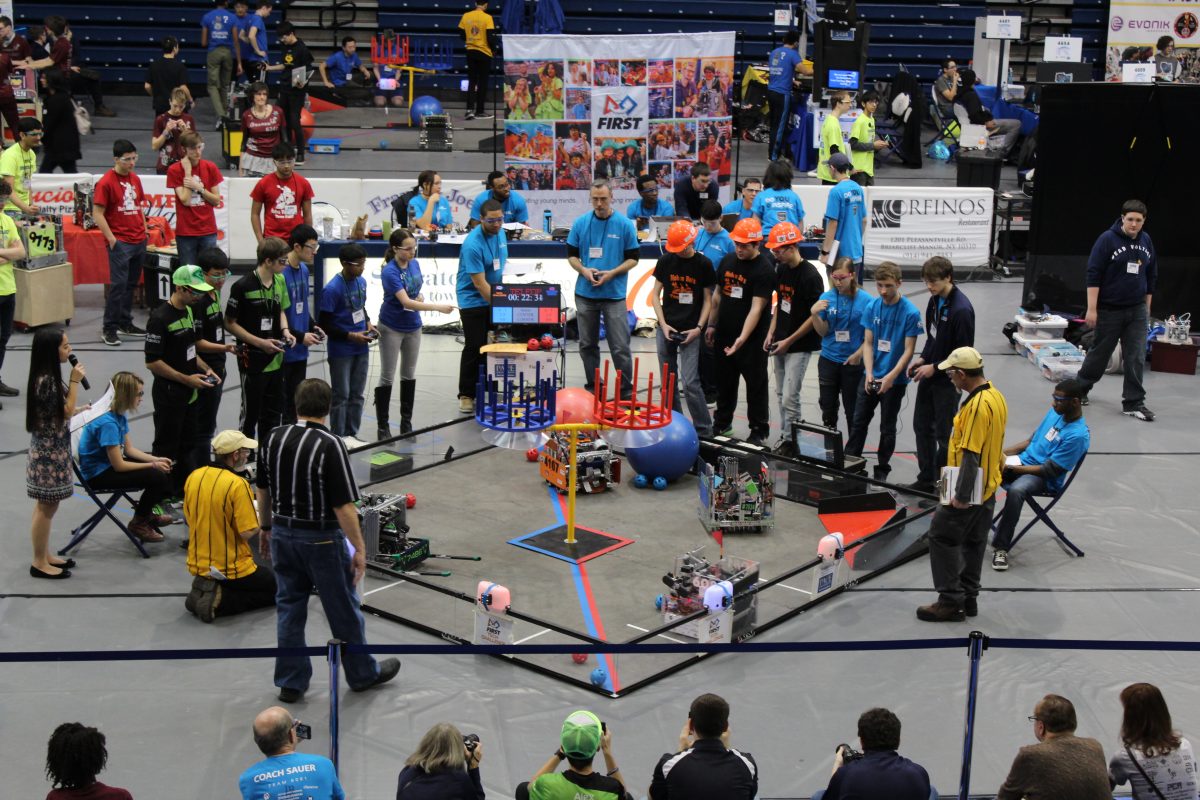
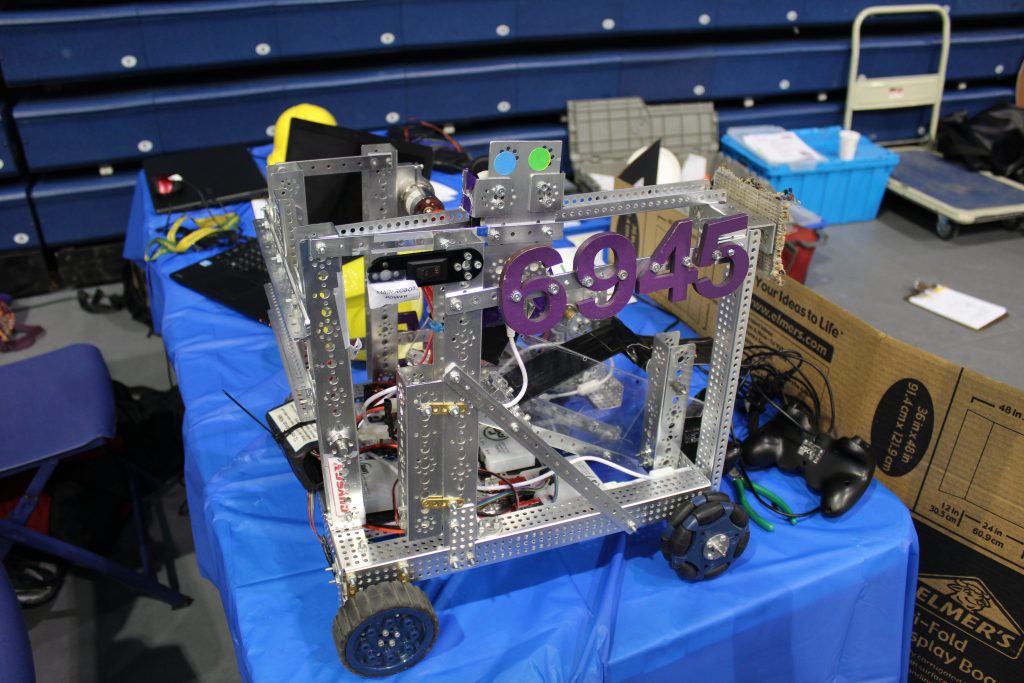 Teams comprised of grades 7-12 students who, over a period of months, had to design, build, and program robots to complete specific types of challenges. They don’t go in unprepared, though. Dr. Richard Kline of the Seidenberg School and organizer of the event also arranges training workshops for students so they can learn. Robot building and programming is at “team workshops where high school students learn design and programming skills using Java and the Android Studio mobile app development system,” said Dr. Kline.
Teams comprised of grades 7-12 students who, over a period of months, had to design, build, and program robots to complete specific types of challenges. They don’t go in unprepared, though. Dr. Richard Kline of the Seidenberg School and organizer of the event also arranges training workshops for students so they can learn. Robot building and programming is at “team workshops where high school students learn design and programming skills using Java and the Android Studio mobile app development system,” said Dr. Kline.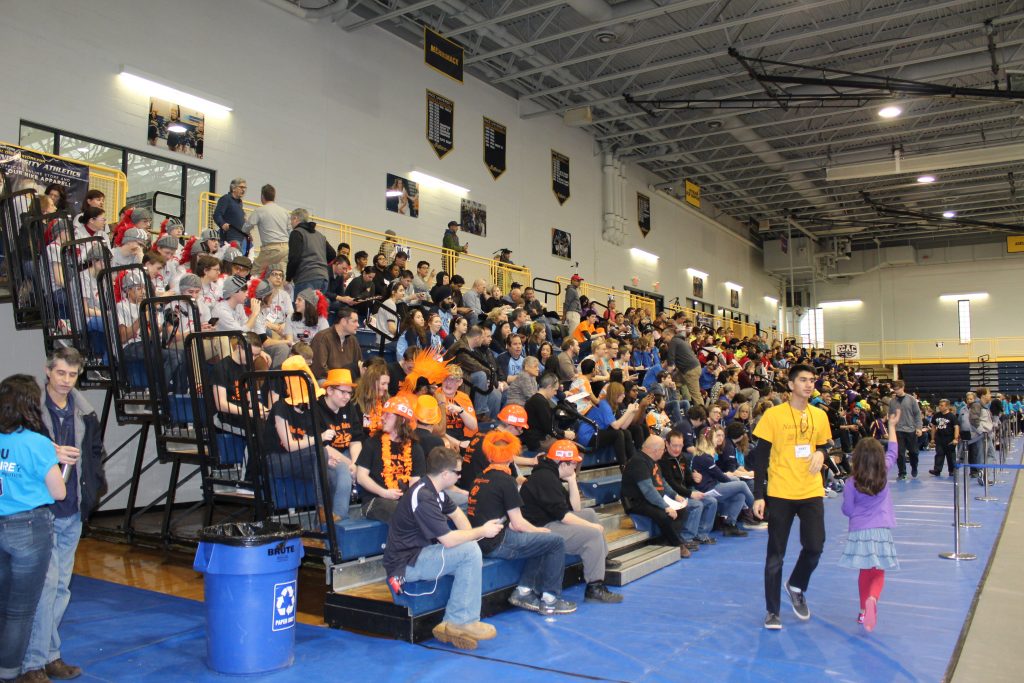 The excitement in the air was palpable in the moments before the first round of the tournament kicked off. “This is your Super Bowl,” Seidenberg Dean Jonathan Hill told the crowd in his opening remarks.
The excitement in the air was palpable in the moments before the first round of the tournament kicked off. “This is your Super Bowl,” Seidenberg Dean Jonathan Hill told the crowd in his opening remarks.